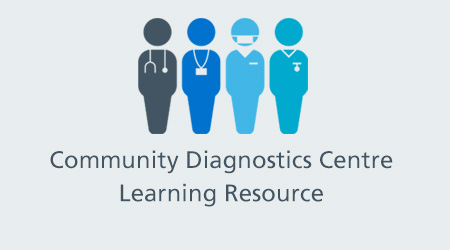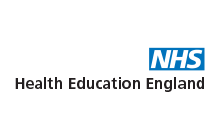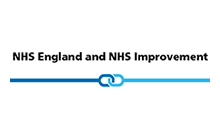About the Community Diagnostic Learning Resource programme
Health Education England (HEE), in collaboration with NHS England and NHS Improvement (NHSEI), has identified a collection of suitable resources which have been collated for this elearning programme which aims to support the multi-disciplinary workforce in Community Diagnostic Centres across England.
The learning has been organised under the following categories:
- Breast Imaging
- Cancer
- Clinical Imaging
- COVID-19
- Echo Cardiography
- Lung Function
- Phlebotomy
- Teamwork
- Well-being
Community Diagnostic Centres (CDCs) and their role
The creation of CDCs was recommended following Professor Sir Mike Richards’ Review of NHS diagnostics capacity. The recommendation was that NHS organisations across England move to providing diagnostic services in Community Diagnostic Centres (CDCs) and all health systems are expected to include a network of CDCs as part of their health services offer.
The CDCs will allow patients to access planned diagnostic care nearer to home without the need to attend acute hospital sites. These services would be separate to urgent diagnostic scan facilities, which means shorter waiting times and a reduced risk of cancellation which can happen when more urgent cases take priority. Therefore, this would lead to improved patient experience and outcomes.
The CDCs will help achieve the following ambitions:
- To improve population health outcomes by diagnosing health conditions earlier, faster and more accurately
- To increase capacity in the diagnostic service by investing in new facilities, equipment and training new staff, contributing to recovery from COVID-19 and reducing pressure on acute hospital sites
- To improve productivity and efficiency by streamlining the way we provide acute and elective (planned) diagnostic services where it makes sense to do so; redesigning clinical pathways to reduce unnecessary steps, tests or duplication
- To contribute to reducing health inequalities by ensuring everyone has the same access to care and the same health outcomes
- To deliver a better diagnostic service and more personalised experience by providing a single point of access to a range of services in the community
- To support more joined-up care across primary, community and secondary care
More information
The purpose of the CDC is to provide the following diagnostic tests:
- Imaging: CT, MRI, Ultrasound, Plain X-Ray and Mammography
- Physiological measurement: Echocardiography (ECHO), Electrocardiogram (ECG), including 24 hour and longer tape recordings of heart rhythm monitoring, ambulatory blood pressure monitoring, oximetry spirometry including reversibility testing for inhaled bronchodilators, Fractional exhaled nitric oxide (FeNO), full lung function tests, blood gas analysis via Point of Care Testing (POCT) and simple field tests (e.g. six min walk test)
- Pathology: phlebotomy, Point of Care Testing, simple biopsies, NT-Pro BNP, urine testing and D-dimer testing
- Large CDCs must provide endoscopy services including: Gastroscopy, Colonoscopy, Flexi sigmoidoscopy
Meet the team

Victoria Sayers-Snowden
Project Support, HEE, Cancer and Diagnostics
Sukvinder Kaur
Programme Manager, HEE, Cancer and Diagnostics
Kerry Mills
Imaging Clinical Advisor, HEE, Cancer and Diagnostics
Alexandra Cook
Imaging Workforce Transformation Lead, NHSEI
Emma Nye
Programme Manager, HEE elearning for healthcare
Marnie Greenrod
Project Manager, HEE elearning for healthcare
Rashmi Chavda
Graphic Designer, HEE elearning for healthcare
Hannah Denness
TEL Stakeholder Officer
How to access
To view the Community Diagnostics Centre Learning Resource programme, select the View button below. If you already have an account with elfh, you will also be able to login and enrol on the programme from the View button.
In order to access any elfh programme, you will need an elfh account. If you do not have one, then you can register by selecting the Register button below.
Further details are available here.
Not an NHS organisation?
If you are not an NHS health or care organisation and therefore do not qualify for free access elfh Hub, you may be able to access the service by creating an OpenAthens account.
To check whether or not you qualify for free access via OpenAthens, you can view the eligibility criteria and register on the ‘OpenAthens’ portal.
Registering large numbers of users
If you are a HR, IT or Practice Manager and would like to register and enrol large numbers of staff within your organisation for access onto the Community Diagnostics Centre Learning Resource programme, please contact elfh directly.
Organisations wishing to use their own LMS
For HR departments wanting to know more about gaining access to courses using an existing Learning Management System please contact elfh directly to express interest.
More information
Please select the following link for more information on how to use the elfh Hub.





